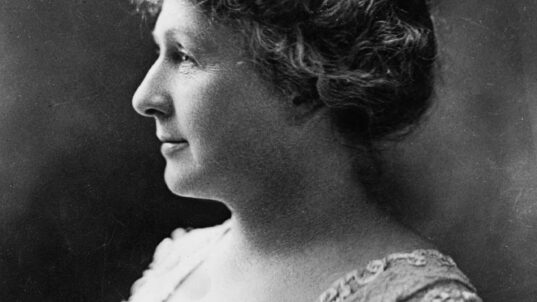By: Noah Miller
We are all busy. Our busy lives pull us in every which way, forcing us to make decision after decision with little break in between. Oftentimes, it is as if we are rats on a wheel just furiously running to keep up with the endless track in front of us, but this way of life does not allow us to pause and reassess as a moment stop would lead us to get whipped around by the speed of life moving by us.
Being busy influences our conversations, decisions, and actions–forcing our relationships with people to be more transactional. There is less opportunity for people to step back and explore new ways of thinking together. This creates an ecosystem where we are all just making decision after decision and with little time to really process and explore alternative solutions.
As an intern this summer with the Interactivity Foundation, I have felt a breath of fresh air by having the opportunity to stop and explore. As a Senior Fellow with the Wabash Democracy & Public Discourse Initiative (WDPD) in Crawfordsville, Indiana I have had many opportunities to work with communities across the state to gather stakeholder inputs, develop plans, and provide action-oriented reports. As much good as this work accomplishes, my work with WDPD does not always provide space for individuals to be innovators or thought pioneers. Sometimes we go in with the goal of finding a solution to a problem and this sometimes forecloses exploration or the widening of possibilities.
The exploratory discussion model that the Interactivity Foundation utilizes allows individuals to converse with no pressure to decide, and this creates a space where innovative and off-the-wall thinking can occur. In an action-oriented discussion there are constraints of practicality, time, money, and a whole host of other limitations, but exploratory discussion removes these constraints and allows individuals’ imaginations to run wild and think boldly. This kind of innovative thinking allows us to work our brains in new ways and break our thought process from the rigid constraints that we utilize when we are solely outcome oriented. This kind of thinking allows individuals to dream big and imagine ideal worlds and ways of getting there, and, in my eyes, this is the kind of thinking that is going to solve the world’s great problems. You cannot solve a complex problem by repeatedly attacking it from the same angle, as sometimes it is necessary to remove your existing constraints and look for imaginative alternatives. This is the immense value of exploratory conversations.
Of course, exploratory approaches have their own limitations. My new colleagues at the Interactivity Foundation will be the first to point out that not all problems benefit from broad, playful exploration. If you are in a burning house, please don’t open up the flip chart and start generating different, bold ways of exiting the house. Just get out. Sometimes, urgency and crisis require decisive action and, sometimes, society needs decision-making, deliberative processes to move progress forward. Like so many other fields of study, craftsmanship is knowing when to use the right tool in the right situation.




